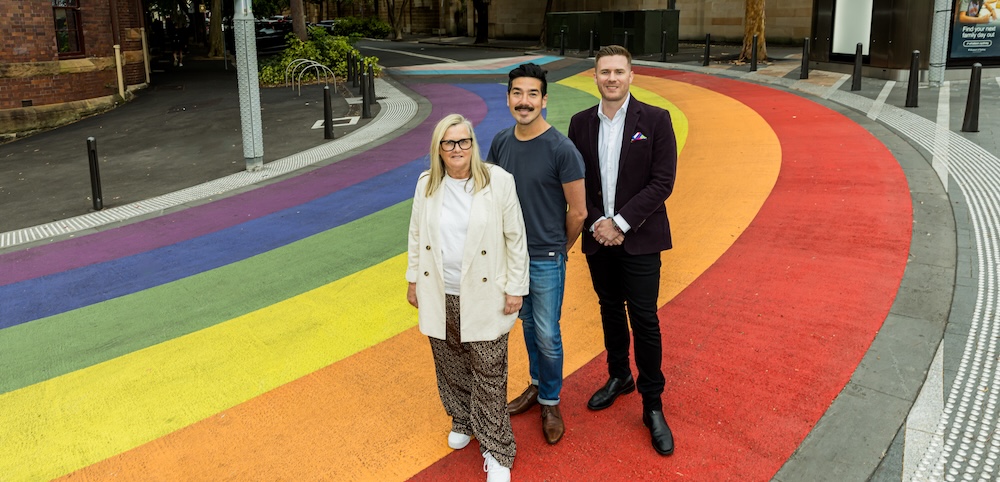
Time for a Bill of Rights
The momentum for a Bill of Rights -“ a legal framework to protect fundamental rights and freedoms in Australia -“ has risen and fallen at different stages of our history. Our constitution borrowed freely from the USA but its drafters rejected a Bill of Rights for Australia, aware of the problems this might create for laws discriminating against Chinese and Aborigines.
Several attempts to amend the constitution to protect basic human rights -“ such as freedom of religion -“ have been unsuccessful, alongside efforts to introduce a general Bill of Rights in federal parliament.
In 2006, the states and territories are at the forefront of a renewed push for a Bill of Rights for Australia. The ACT has passed the Bill of Rights Act 2004 and Victoria may soon follow suit.
Some argue that the notion of a constitutional Bill of Rights is fundamentally flawed -“ see the example of the right to own a gun in the USA as what happens when the human rights of the time are frozen into law. A statutory Bill of Rights can be amended by ordinary legislation as required and is a good starting point.
A constitutionally entrenched Bill of Rights can only be changed by referenda. We should have extensive public debate about what basic human rights we want to protect.
The importance of a national and comprehensive legal framework safeguarding human rights has become all the more urgent under a coalition government. Any dialogue about a Bill of Rights in Australia must acknowledge the human rights of GLBT people. We have a patchwork of human rights protections in Australia.
Some states have missed out on laws protecting basic rights, including protection from discrimination by sexual orientation. GLBT activists have repeatedly relied on international law to strike down legislation that discriminates on the basis of sexuality. Australia has signed up to a number of conventions that make up the International Bill of Human Rights, but none of these treaties are legally binding.
The courts have been generally unwilling to assume that basic human rights are a fundamental part of the fabric of Australian society. Several justices of the High Court have preferred to publicly support a Bill of Rights, acknowledging that decisions of judges are always subject to the will of parliament.
Australia is lagging behind all other Western nations, including our neighbour New Zealand, by failing to enshrine fundamental rights and freedoms in law. In 1998, Britain incorporated the European Convention on Human Rights into its domestic law. The Human Rights Act giving domestic effect to the international treaty came into force in 2000.
This new dialogue about equality and human rights in the British parliament has given a boost to GLBT rights, as seen with the recognition of civil partnerships for same-sex couples. The Canadian Charter of Rights and Freedoms has been interpreted to support a better deal for same-sex relationships. In South Africa, laws and policies discriminating against GLBT people have been knocked down by a constitutionally ingrained Bill of Rights.
It is time for something a little closer to home. Australia deserves a Bill of Rights to provide a complete set of protection and set a benchmark for equality for GLBT people.
The Gay and Lesbian Rights Lobby in conjunction with ACON will be hosting a community forum on a Bill of Rights, focusing on the New Matilda Human Rights Act 2006. The forum will be held on Sunday 5 February from 2pm at ACON. Speakers will include David Marr (The Sydney Morning Herald), Kate Connors (ACON), David Scamell (GLRL) and Nick Carney (New Matilda).









